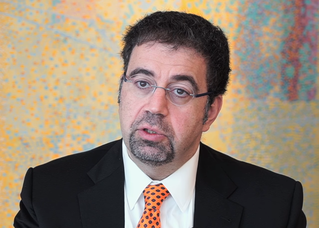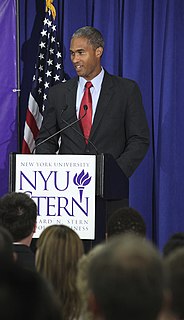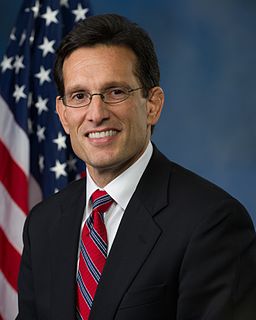Top 1200 Economic Change Quotes & Sayings - Page 3
Explore popular Economic Change quotes.
Last updated on November 21, 2024.
This is the first time in the history of mankind that we are setting ourselves the task of intentionally, within a defined period of time to change the economic development model that has been reigning for at least 150 years, since the industrial revolution. That will not happen overnight and it will not happen at a single conference on climate change, be it COP 15, 21, 40 - you choose the number. It just does not occur like that. It is a process, because of the depth of the transformation.
The United States is strongly committed to the IPCC process of international cooperation on global climate change. We consider it vital that the community of nations be drawn together in an orderly, disciplined, rational way to review the history of our global environment, to assess the potential for future climate change, and to develop effective programs. The state of the science, the social and economic impacts, and the appropriate strategies all are crucial components to a global resolution. The stakes here are very high; the consequences, very significant.
When we talk about the word 'socialism,' I think what it really means is just democratic participation in our economic dignity and our economic, social, and racial dignity. It is about direct representation and people actually having power and stake over their economic and social wellness, at the end of the day.
Two years gives you enough time to grow and to change, and to, you know, change your priorities. Change where you live, change your hair, change what you believe in, change who you hang out with, what’s influencing you, what’s inspiring you. And in the process of all of those changes in the last two years, my music changed.
The ultimate consequences of the individualist spirit in economic life are those which you yourselves, Venerable Brethren and Beloved Children, see and deplore: Free competition has destroyed itself; economic dictatorship has supplanted the free market; unbridled ambition for power has likewise succeeded greed for gain; all economic life has become tragically hard, inexorable, and cruel.
It's good to be aware that a certain amount of fear is going to accompany every change in your life - a change for the worse or a change for the better. Knowing this can stop you from moving into fear about Change Itself. If you start fearing change generically you could wind up shrinking from ever making any kind of change at all for the rest of your day - even a change that obviously should be made for your own good.
In terms of the economics, yes obviously the rise of e-books and how people choose to read books has a big effect on the economics of the game. But whether people are buying them on paper or downloading them there's still some poor wretch in a room who is trying to write a poem, write a story, write a novel. And so my job doesn't change. It's just how people receive it and economic conditions on the ground change, but that doesn't affect what I write.
I don't believe that all folks who supported Donald Trump are racist. I think that there was a lot of economic anxiety, there was a lot of economic panic. A lot of deep-rooted economic insecurity. I think what Trump did, you know, very astutely, was he tapped into this vein, and he promised them a job.
Government by the people for the people becomes meaningless unless it includes major economic decision-making by the people for the people. This is not simply an economic matter. In essence it is an ethical and moral question, for whoever takes the important economic decisions in society ipso facto determines the social priorities of that society.
I think it is inevitable that leftist forces in the US would be divided, if not balkanized, to some extent. Among the full range of people who are committed to social and economic equality and ecological justice - i.e. to some variant of a leftist vision of a decent society - it will always be the case that some will be more focused on egalitarian economic issues, others around the environment and climate change, others on US imperialism, militarism and foreign policy, others on race and gender equality, and still others on sexual identity.


























































